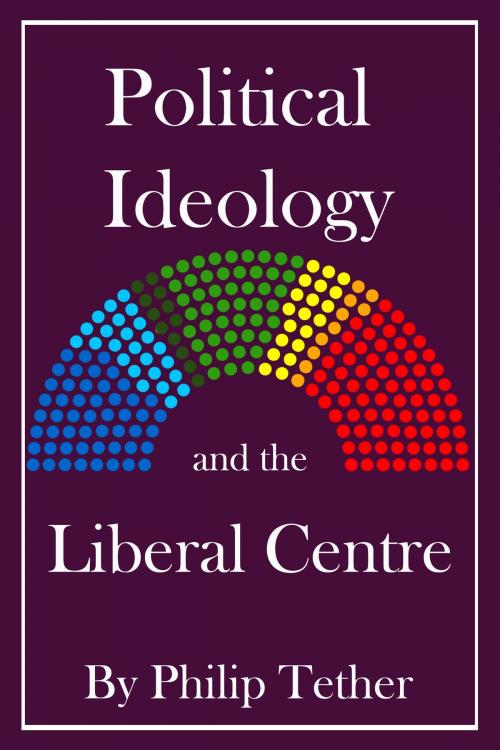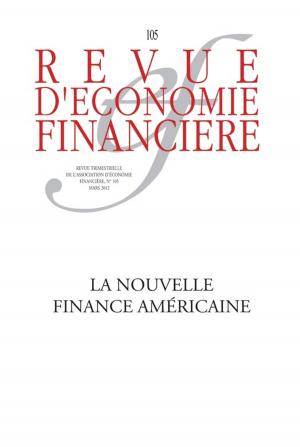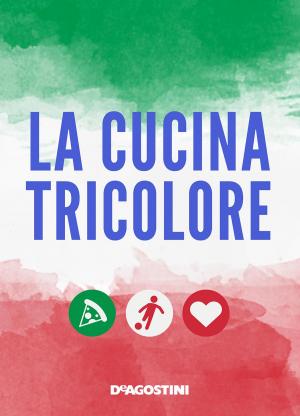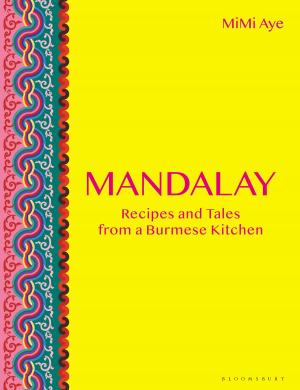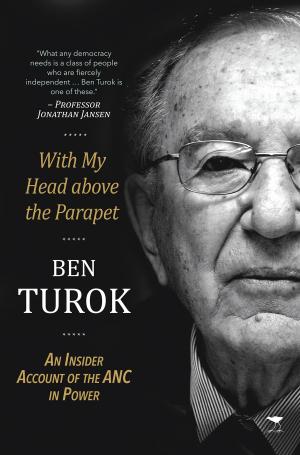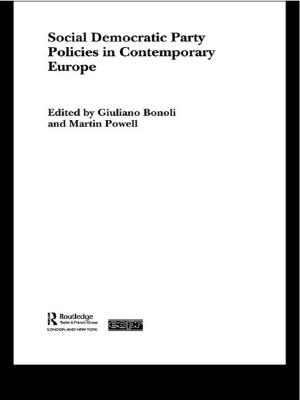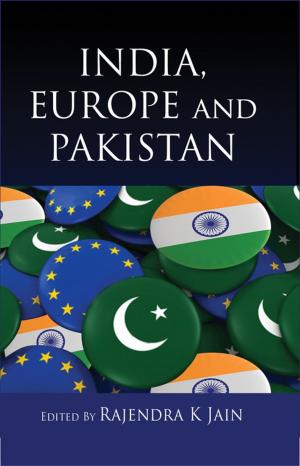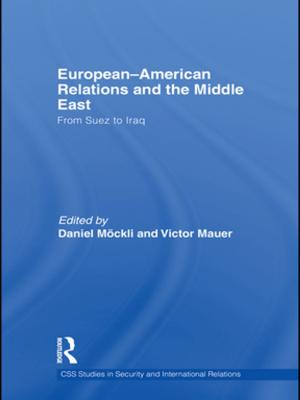Political Ideology and the Liberal Centre
Nonfiction, Social & Cultural Studies, Political Science, Government, Democracy, International| Author: | Philip Tether | ISBN: | 9781311860767 |
| Publisher: | Philip Tether | Publication: | February 25, 2016 |
| Imprint: | Smashwords Edition | Language: | English |
| Author: | Philip Tether |
| ISBN: | 9781311860767 |
| Publisher: | Philip Tether |
| Publication: | February 25, 2016 |
| Imprint: | Smashwords Edition |
| Language: | English |
POLITICAL IDEOLOGY AND THE LIBERAL CENTRE. This book is the fifth in a series of texts on government and politics designed for students and the general reader (see the author's other publications for a full list of titles). The books are linked but are designed to stand alone. Politics and political conflicts are shaped by ideas. Ideas give politics form, direction and purpose. Ideas define and differentiate political parties and their programmes. Ideas provide power-holders and power-seekers with views – distinctive and different – on how society ought to be organised, what constitutes ‘justice’ and how resources ought to be distributed. These ideas inform and justify action (or inaction). These packages are called ‘political ideology’ i.e. ideas applied specifically to politics. This text examines the origins and significance of political ideology, the various ways in which it can be categorised and understood and, finally, by way of example and illustration, it traces the emergence in the early modern world of the economic and political ideas underpinning the first and greatest of the modern ideologies - liberalism The text opens with a clear statement of Aims and Learning Outcomes to give clarity and direction to your reading. The subsequent text is then divided into easy-to-read sections on:
Defining political ideology
Categorising political ideologies
Post modernism - the end of ideology?
The birth of liberalism
From Whig to liberal
Classic and social liberalism
The Liberal Democrats
The text concludes with:
Political Ideology: A Summary
Review questions
References
The material is carefully designed to equip the reader with a basic political vocabulary, an appreciation of the significance of politics as an important, pervasive and irreplaceable activity involving us all and a comprehensive understanding of the content and significance of political ideology in general and liberalism in particular.
POLITICAL IDEOLOGY AND THE LIBERAL CENTRE. This book is the fifth in a series of texts on government and politics designed for students and the general reader (see the author's other publications for a full list of titles). The books are linked but are designed to stand alone. Politics and political conflicts are shaped by ideas. Ideas give politics form, direction and purpose. Ideas define and differentiate political parties and their programmes. Ideas provide power-holders and power-seekers with views – distinctive and different – on how society ought to be organised, what constitutes ‘justice’ and how resources ought to be distributed. These ideas inform and justify action (or inaction). These packages are called ‘political ideology’ i.e. ideas applied specifically to politics. This text examines the origins and significance of political ideology, the various ways in which it can be categorised and understood and, finally, by way of example and illustration, it traces the emergence in the early modern world of the economic and political ideas underpinning the first and greatest of the modern ideologies - liberalism The text opens with a clear statement of Aims and Learning Outcomes to give clarity and direction to your reading. The subsequent text is then divided into easy-to-read sections on:
Defining political ideology
Categorising political ideologies
Post modernism - the end of ideology?
The birth of liberalism
From Whig to liberal
Classic and social liberalism
The Liberal Democrats
The text concludes with:
Political Ideology: A Summary
Review questions
References
The material is carefully designed to equip the reader with a basic political vocabulary, an appreciation of the significance of politics as an important, pervasive and irreplaceable activity involving us all and a comprehensive understanding of the content and significance of political ideology in general and liberalism in particular.
